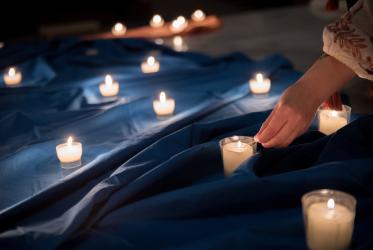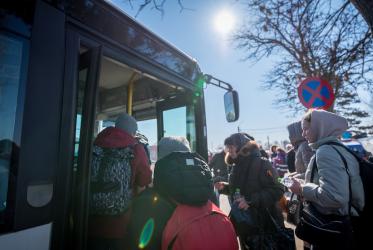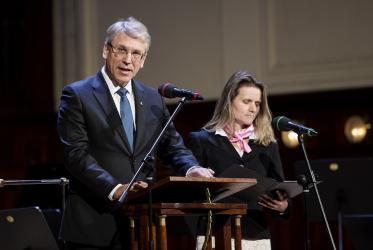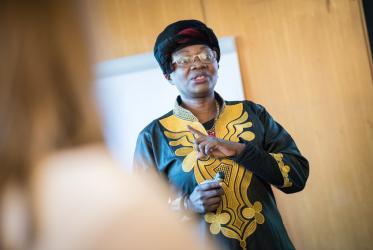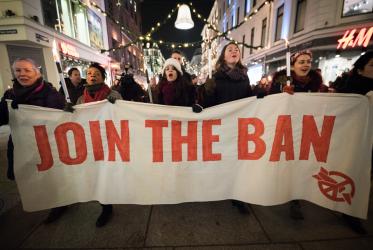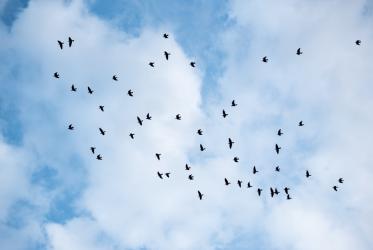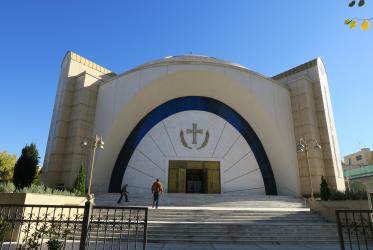Displaying 1 - 17 of 17
WCC honored with Bridge Builder Award 2021
02 July 2021
WCC general secretary visits churches in Czech Republic
17 December 2018
WCC former staff appointed to expert panel
31 July 2018
Trying to do good for the world
18 December 2017
Global peacemakers join torchlight march in Oslo
10 December 2017
New German alliance appeals for human dignity
24 February 2016
Orthodox church in Albania resurrected
23 December 2015
Politicization of religion and rights of religious minorities
12 September 2013
